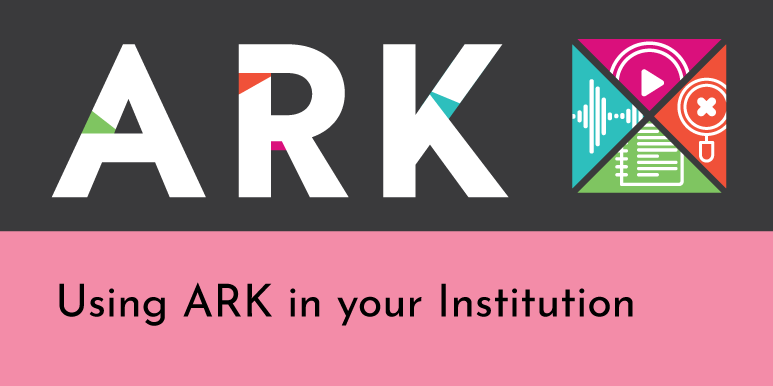- Home
- News & Events
- Accessibility Legislation: About the Web Directive
The EU Web Accessibility Directive (Directive (EU) 2016/2102)
What is it?
The EU Web Accessibility Directive (Directive (EU) 2016/2102) has been signed into Irish Law. The directive affords people with disabilities with improved access to websites and mobiles apps of public services. The importance of digital access is ever increasing, with so many of our day to day services and our access to information provided via the web and mobile devices. Ensuring that such services are accessible brings huge improvements to these services and allows everyone, including people with disabilities, to interact online.
What is the impact?
The transposition of the Web Directive into Irish Law obliges websites and apps of public sector bodies to meet specific technical accessibility standards. This has implications for various stakeholders of AHEAD, including public sector employers, further education colleges and training centres and higher education institutions.
How to use the document
‘The Web Accessibility Directive: A legal viewpoint on practical ramifications for Irish further and higher education providers,’ offers a legal viewpoint of the implications of the Web Directive in Further Education and Training and Higher Education settings. The questions addressed within the document were compiled based on consultations with FE and HE practitioners and put to Katie Ridge, a barrister of law with extensive experience in the field of equality.
Legal implementation of the web accessibility directive is only one element in achieving a holistic approach to accessibility. This legal viewpoint on the practical implications of the Web Directive is the first output of a suite of accessibility resources being created by AHEAD in 2021 and 2022 for tertiary education providers. These resources will be launched throughout the remainder of 2021 and into 2022, and will be designed to provide FET and HE providers with the practical resources they need to ensure their colleges/centres are embedding digital accessibility practices.
The core funding received by AHEAD for its further education activities on fostering inclusion is provided by SOLAS. The views expressed in the report do not necessarily reflect the views of SOLAS.




